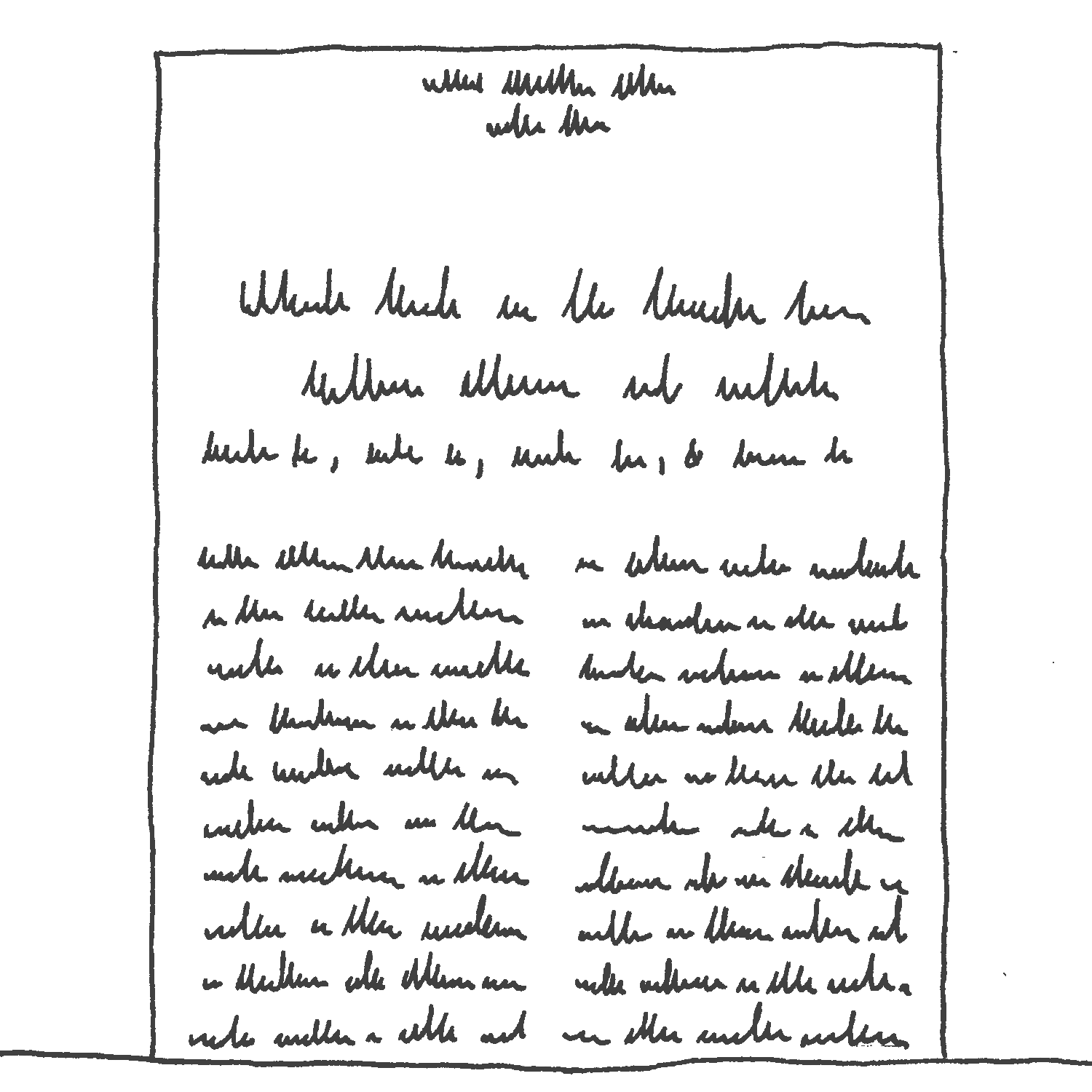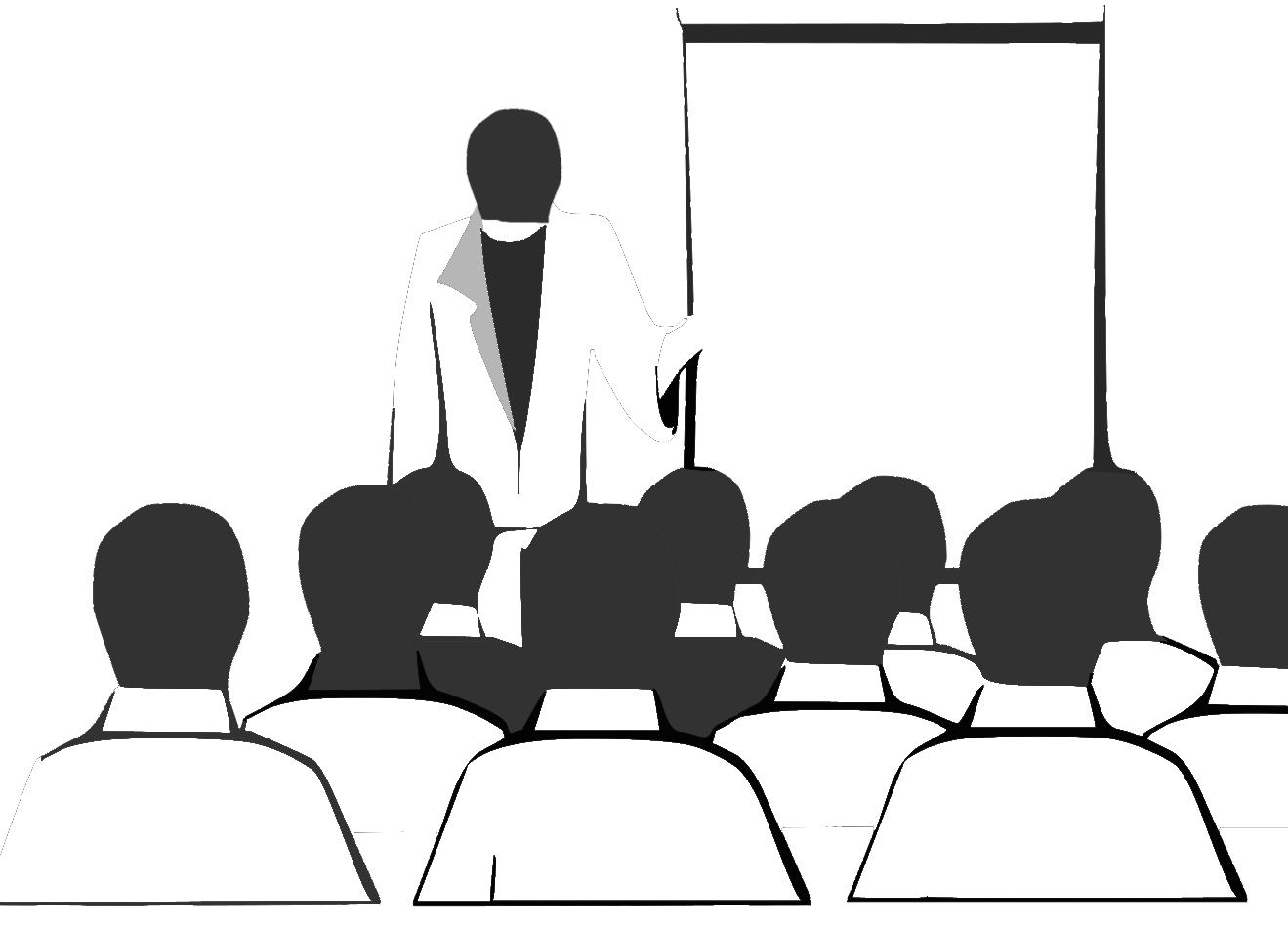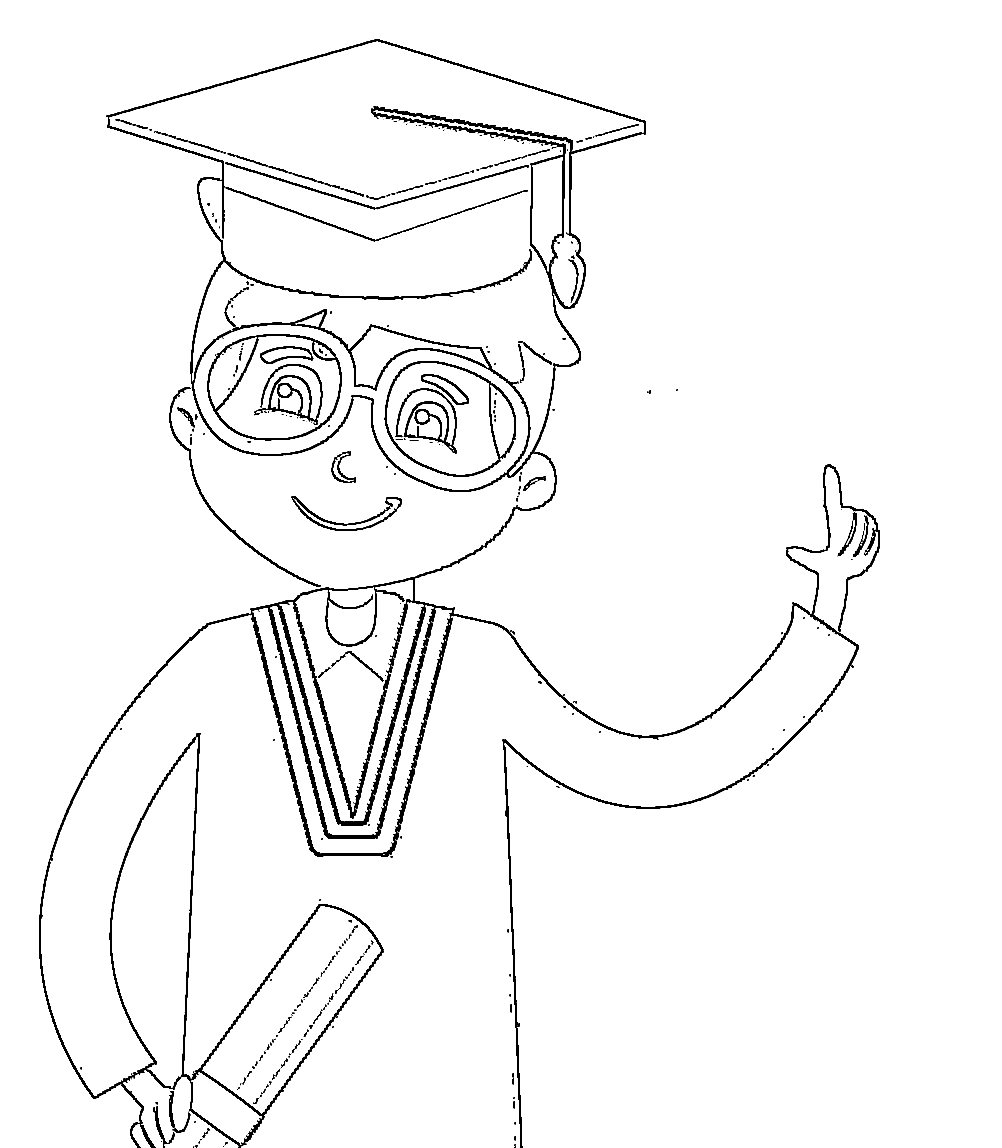-
review paper: memory engrams in the neocortex

-
symposium: dynamic shaping of memory representations by physiological and cognitive processes

Svenja B and Monika have organized a symposium at this year’s Psychology and the Brain (PuG) conference. There will be great talks by Niklas Vocke (DZNE Magdeburg), David Berron (Lund University) and Antonia Lenders (Freiburg University).
-
conference: Psychologie und Gehirn 2021 online

Our group has the honour, together with Birgit Derntl and Mannfred Hallschmid, to organize the conference Psychologie und Gehirn 2021 online, the Annual Conference of the Fachgruppe Biologische Psychologie der DGPs and the DGPA. Although we miss meeting you in person, we believe that the online conference will be a great possibility to exchange ideas and meet friends and colleagues! You find more information here.
-
career: Monika has assumed her position as professor and chair of neuropsychology at the University of Freiburg

Congratulations and all the best in Freiburg!
-
award: Svenja wins the Attempto prize of the Tübingen neurosciences

Svenja Brodt has won the prestigious Attempto prize of the Tübingen neurosciences! Congratulations! (news link)
-
award: Lea wins the Forschungspreis Biopsychologie 2019

Lea Himmer has won the prize of the section Biological Psychology of the German Psychological Society (DGPs) this year! Congratulations!
-
new paper: rehearsal initiates systems memory consolidation, sleep makes it last

Our new paper “Rehearsal initiates systems memory consolidation, sleep makes it last” was just published in Science Advances. Using fMRI, we show how rehearsal shifts mnemonic processing from the hippocampus to the posterior parietal cortex and how sleep stabilizes this transition.
-
new paper: fast track to the neocortex – a memory engram in posterior parietal cortex

Our new paper “Fast track to the neocortex: A memory engram in posterior parietal cortex” was just published in Science. We show with diffusion-weighted MRI that plasticity develops rapidly – after just one learning session – for a declarative object-location task in the precuneus. This rapid plasticity drove correct memory recall; and it persisted for more than 12 h.
-
meet us at the Tübingen Systems Neuroscience Symposium

Come find us and discuss our new results at the Tübingen SNS on October, 18th and 19th. Svenja will be giving a talk on her newest results, and both Lea and Svenja will present posters.
-
new paper: inclubation, not sleep, aids problem-solving

Our new paper “Incubation, not sleep, aids problem-solving” was just published in Sleep.
In this paper, we try to tease apart the effects of sleep and inclubation on problem-solving in different tasks: classic riddles,visual change detection and anagrams.